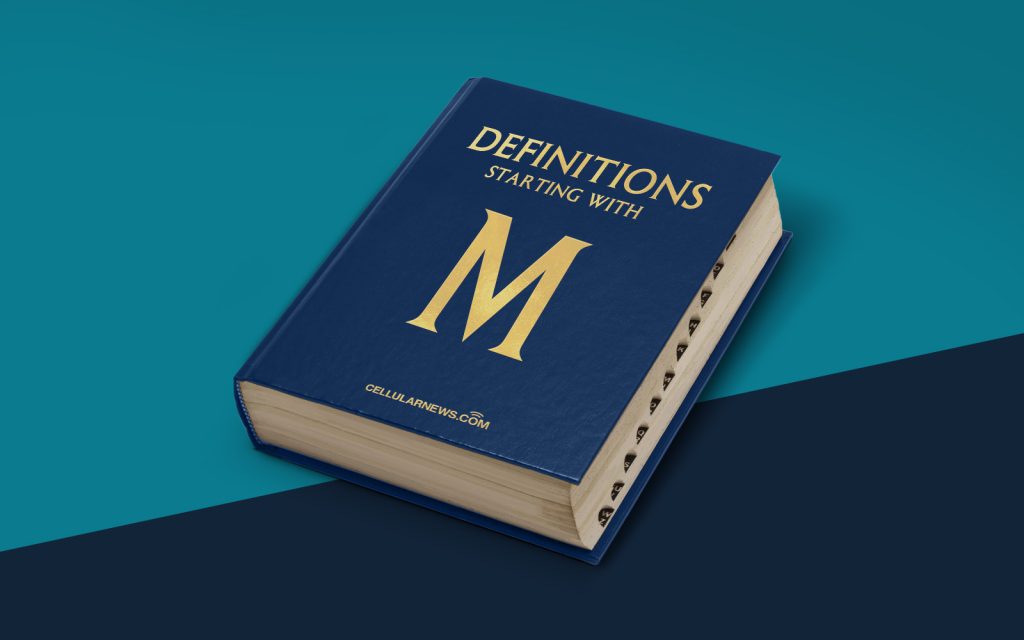
Introduction: What is a Memory Stick?
Have you ever wondered what a memory stick is and how it works? In this article, I will explain the concept of a memory stick and its significance in the digital storage world. So, sit back, relax, and let’s dive into the fascinating world of memory sticks!
Key Takeaways
- A memory stick is a portable device used for digital storage.
- It is commonly used in various electronic devices, including cameras, smartphones, and computers.
Understanding Memory Sticks
A memory stick, also known as a USB flash drive or thumb drive, is a small and handy device used for digital storage. It allows you to save and transfer files, photos, videos, and other data between different devices. The memory stick connects to the USB port of your device, providing a convenient and portable solution for storing your important information.
Nowadays, memory sticks come in various shapes, sizes, and storage capacities, ranging from a few gigabytes to several terabytes. They have revolutionized the way we store and transfer data, making it easier and more efficient than ever before.
How Do Memory Sticks Work?
Memory sticks operate on a technology called flash memory, which is a type of non-volatile storage. This means that the data stored on the memory stick remains intact even when the power is cut off.
Here’s a simplified breakdown of how memory sticks work:
- Storage: When you save a file on a memory stick, it gets stored as digital data within the memory chips inside the device. The data is organized into small units called memory cells, which can individually hold a specific amount of information.
- Reading and Writing: When you want to access or modify the data on the memory stick, your device sends electrical signals to the memory cells, instructing them to either read or write new information. This process allows you to retrieve stored files or store new ones on the memory stick.
- Interface: The memory stick connects to your device via a USB (Universal Serial Bus) interface. This interface enables the transfer of data between the memory stick and your device at high speeds. It also provides a power supply to the memory stick, allowing it to function without the need for an external power source.
With these capabilities, memory sticks have become an essential tool for everyday use. Whether you need to back up important files, share documents with colleagues, or carry your favorite music, a memory stick is a versatile and reliable solution.
The Advantages of Memory Sticks
Memory sticks offer numerous advantages that make them popular among users:
- Portability: Memory sticks are small and lightweight, fitting easily into your pocket or bag. You can take them anywhere you go, ensuring that your important data is always within reach.
- Compatibility: Memory sticks are widely compatible with various devices, including computers, laptops, smartphones, tablets, and even some smart TVs. This versatility allows you to use your memory stick with multiple devices, regardless of the operating system they use.
- Storage Capacity: Memory sticks come in different storage capacities, allowing you to choose the one that suits your needs. Whether you need a small capacity stick for everyday use or a larger one for backing up extensive files, there is a memory stick available to fulfill your requirements.
- Reliability: Flash memory technology used in memory sticks is highly reliable. It is resistant to physical shocks, vibrations, and electromagnetic interference, providing a secure environment for your data.
- Speed: Memory sticks offer high-speed data transfer rates, allowing you to copy and retrieve files quickly. This is especially beneficial when dealing with large files or transferring a significant amount of data.
Memory sticks have revolutionized the way we store and transport our digital data. With their portability, compatibility, and reliability, they have become an indispensable tool in our digital lives. Whether you need to store precious memories, important documents, or essential files, a memory stick is a must-have accessory.
